Video
Sign up for our newsletter
We summarize the week's scientific breakthroughs every Thursday.
-
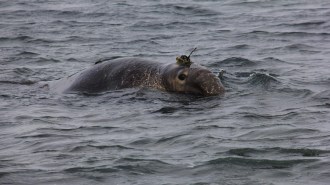 Animals
AnimalsMale elephant seals aim to get huge or die trying
Males will risk death to eat and grow as large as possible, since only the biggest males mate. But females aim for long-term survival.
By Jake Buehler -
 Animals
AnimalsGory footage confirms orca pods can kill adult blue whales
For the first time, three recorded events show that orcas do hunt and eat blue whales using coordinated attacks that have worked on other large whales.
By Anna Gibbs -
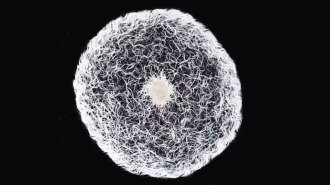 Animals
AnimalsVinegar eels can synchronize swim
Swarming, swimming nematodes can move together like fish and also synchronize their wiggling — an ability rare in the animal kingdom.
By Nikk Ogasa -
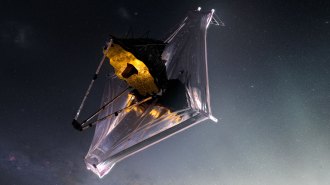 Astronomy
AstronomyThe James Webb Space Telescope has reached its new home at last
The most powerful telescope ever launched still has a long to-do list before it can start doing science.
-
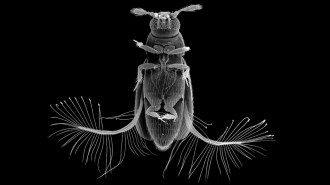 Animals
AnimalsThese tiny beetles fly fast thanks to wing bristles and a weird, wide stroke
Minuscule featherwing beetles have evolved a unique way of flying that lets them match the speed of beetles three times as big.
By Jake Buehler -
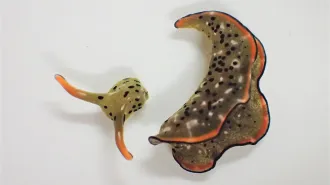 Animals
AnimalsHere are 7 incredible things we learned this year that animals can do
From wielding weapons to walking on the underside of water, these are the creature capabilities that most impressed us in 2021.
-
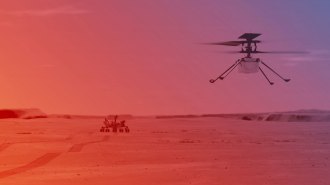 Planetary Science
Planetary ScienceIngenuity is still flying on Mars. Here’s what the helicopter is up to
NASA’s Ingenuity craft was originally planned to operate only 30 Martian days.
-
 Health & Medicine
Health & MedicineTiny living machines called xenobots can create copies of themselves
When clusters of frog cells known as xenobots form a Pac-Man shape, they are especially efficient at replicating in a new way, researchers say.
-
 Physics
PhysicsNew high-speed video reveals the physics of a finger snap
Inspired by the infamous snap of the Avengers rival Thanos, scientists set out to investigate the physics behind finger snapping.
-
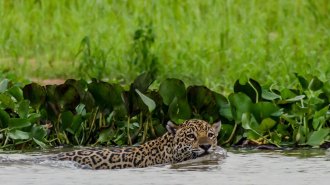 Animals
AnimalsHuge numbers of fish-eating jaguars prowl Brazil’s wetlands
Jaguars in the northern Pantanal ecosystem primarily feed on fish and caiman, living at densities previously unknown for the species.
By Jake Buehler -
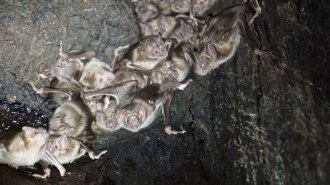 Animals
AnimalsBloodthirsty vampire bats like to drink with friends over strangers
Cooperation among vampire bats extends beyond the roost. New research suggests that bonded bats often drink blood from animals together.
-
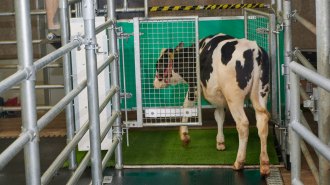 Agriculture
AgriculturePotty-trained cattle could help reduce pollution
About a dozen calves have been trained to pee in a stall. Toilet training cows on a large scale could cut down on pollution, researchers say.